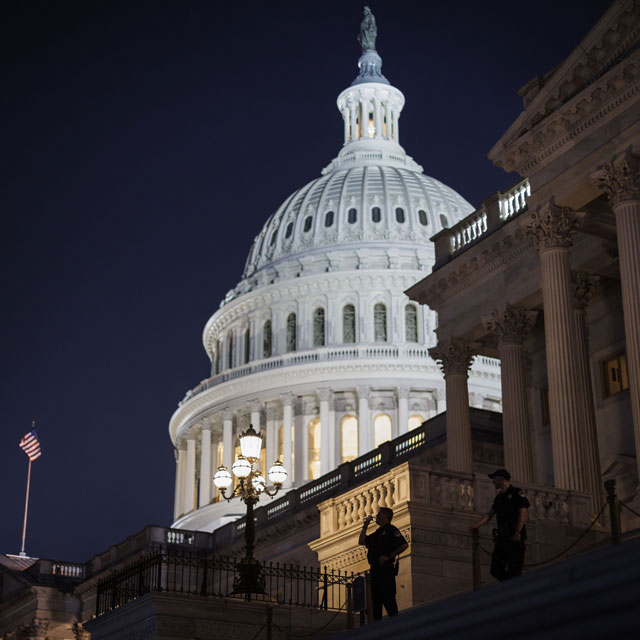
House Republicans succeeded Friday at creating and passing legislation designed to keep the federal government running, and that continues to include some provisions related to Medicare funding.
The Senate then rushed to approve the bill, a new, 118-page American Relief Act, 2025 package, and send it to President Joe Biden for his signature.
Biden signed the bill Saturday.
The previous law authorizing the federal government to operate normally expired at midnight Friday, when many federal offices were closed for the weekend. Senate Majority Leader Charles Schumer, D-N.Y., said as debate started that he believed the ARA, 2025 package would pass quickly enough to prevent any meaningful shutdown. White House officials said they had ended efforts to implement a shutdown.
The new ARA, 2025 package authorizes the government needs to conduct normal operations until March 14, 2025.
The drafters of the ARA, 2025 package kept many of the Medicare-related provisions that were included in a 1,547-page anti-shutdown package, the Further Continuing Appropriations and Disaster Relief Supplemental Appropriations Act, 2025, that was posted on the House website Tuesday. The Medicare measures in the new version of the ARA, 2025 package appear to be the same ones that were included in an earlier, 116-page ARA, 2025 version that was unveiled Thursday and failed to reach the House floor.
Drafters do not seem to have included sections referring directly to life insurance, retirement plans or estate planning, such as a new bill that could help workers roll assets directly from 401(k) plans into annuities.
The Choices
As of Friday morning, the deal negotiators appeared to have four major options:
1. Resume efforts to pass the Further Continuing Appropriations and Disaster Relief Supplemental Appropriations Act, 2025 package.
This package would provide authorization for the government to continue normal operations until March 14.
It includes many provisions that could affect clients with Medicare.
The package does not appear to include sections that refer directly to life insurance, estate planning or retirement savings arrangements for civilians.
2. Resume efforts to pass the version of the American Relief Act, 2025 package unveiled Thursday. This legislation is a condensed version of the Further Continuing Appropriations Act package. Like the bigger package, it would authorize normal government operations through March 14.
The American Relief Act package includes some of the Further Continuing Appropriations package provisions that would affect Medicare.
It also leaves out a section of the Further Continuing Appropriations package that would reauthorize the Older Americans Act, which provides about 900,000 meals per day for older Americans.
3. Create a short bill that simply prevents a shutdown and postpones the deadline for resolving other issues. In the past, Congress has avoided shutdowns during complicated negotiations by passing bills that authorized the continuation of normal government operations for a few days at a time.



